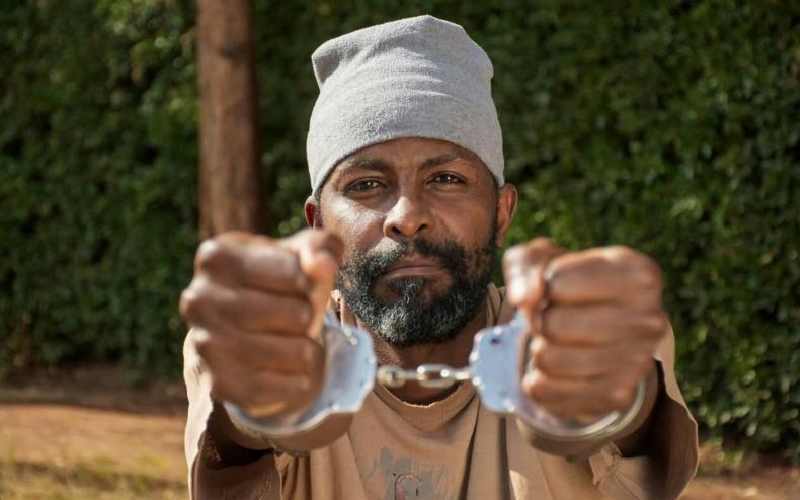×
The Standard e-Paper
Join Thousands Daily

Being an actor is not a walk in the park. Just ask Gitura Kamau, or GK, as friends and colleagues call him.
“Imagine you have to be very sober to act in a scene depicting the worst drunkard. Get the irony?”